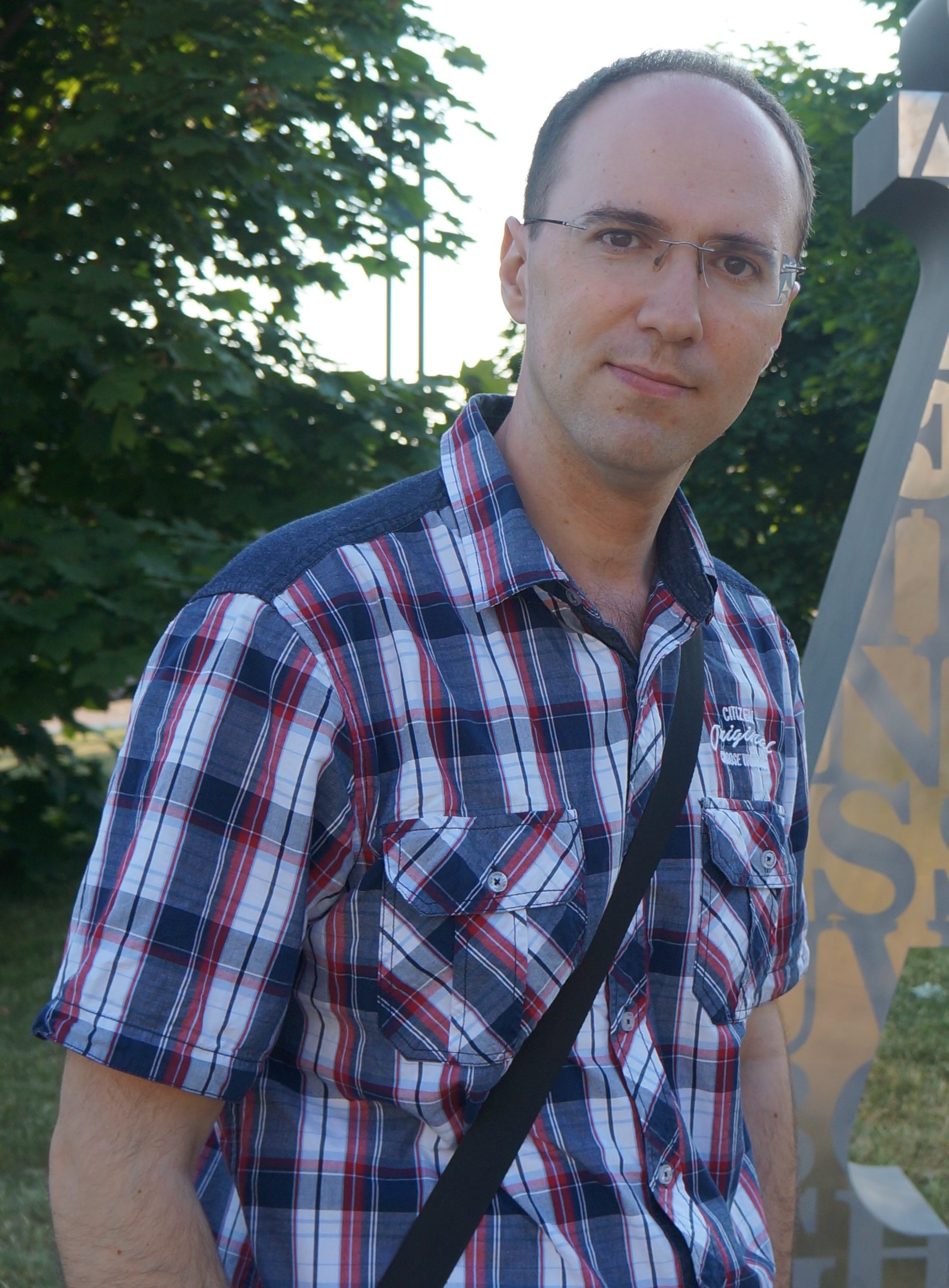The article analyzes the symbolism of the air element using the materials of Russian folk Orthodox poetic texts (spiritual verses). The purpose of the study is a commented cataloging of multiple facets of the air element. Earlier, the problem of the symbolism of the air element in Russian spiritual verses was not subjected to a comprehensive study. This is what makes the study innovative. Its relevance is due to the fact that the symbolism of natural elements in literature and folklore is the subject of numerous studies based on the data of different ethnic traditions. The proposed work is included into this scientific paradigm and allows us to correct information about the role of images of the natural elements in the poetics of a folklore text. The research methodology is conditioned by the peculiarities of the structure and genesis of the genre of Russian spiritual verses: on the one hand, a folklore work is described and commented; on the other hand, the literary tradition behind it is considered. In this regard, the problem of folklorization of literary sources in folk culture is posed. The variety of forms of the air element in the studied genre is embodied in a binary semantic matrix: it is a symbol of life and/or holiness; this is the dwelling place of demonic, harmful power. A positive understanding of the air element significantly predominates. This element is presented in the images of a violent wind; The Holy Spirit; incense that fills the sacred space. Air also signifies the Divine power, manifested in the miracle of soaring above the earth. The concept of the human soul is also associated with the element of air, although the appearance of the soul often has an objective, physical shape. Also, through the air element, according to folklore views, the path to the other world lies. Antichrist is defined as a soulless god. Thus, the element of air is the element of life.
Key words: spiritual verses, poetics, folklore, symbolism, air element
DOI: 10.22250/20728662_2022_4_93
About the author
 |
Alexander M. Petrov – PhD (Philology), Senior Researcher, Institute of Linguistics, Literature and History of the Karelian Research Centre RAS, |






